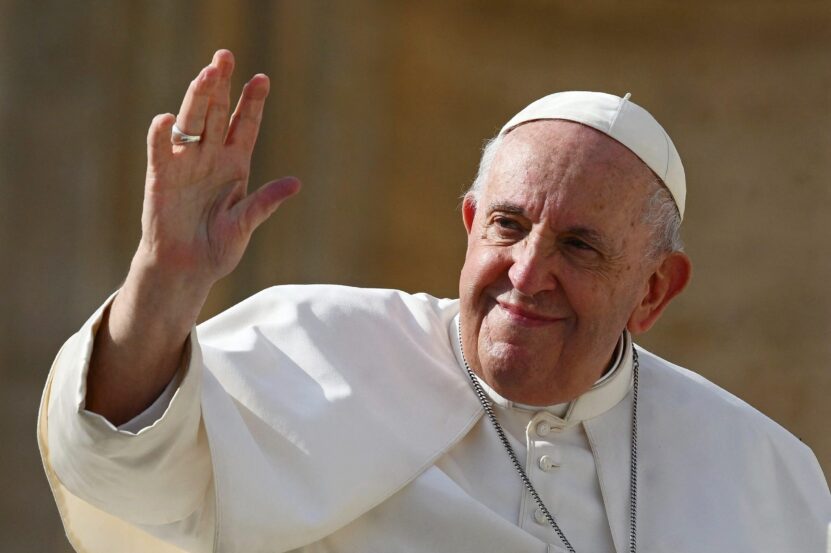When Jorge Mario Bergoglio was elected pope in 2013, the world took notice—not just because he was the first Jesuit pope, or the first from the Americas, but also because he chose the name “Francis.”
Inspired by St. Francis of Assisi, the beloved saint of peace, humility, and care for the poor, this choice set the tone for a papacy that would emphasize compassion over formality and action over prestige.
His election immediately broke conventions. For centuries, the Catholic hierarchy leaned on tradition, yet here was a man who defied predictability, signaling a new pastoral style.
His decision to focus his leadership on empathy and accessibility rather than pomp stood in contrast to what many expected from the Vatican.
Key Highlights
- Pope Francis is the first Jesuit and Latin American pope in Catholic history.
- His lifestyle reflects humility, rejecting traditional papal luxuries.
- He promotes inclusion across faiths, sexual identities, and social divides.
- Environmental care became a moral priority under his leadership.
- He consistently advocates for the poor, refugees, and the imprisoned.
- His actions focus on mercy, transparency, and deep-rooted reform.
Humility in Action
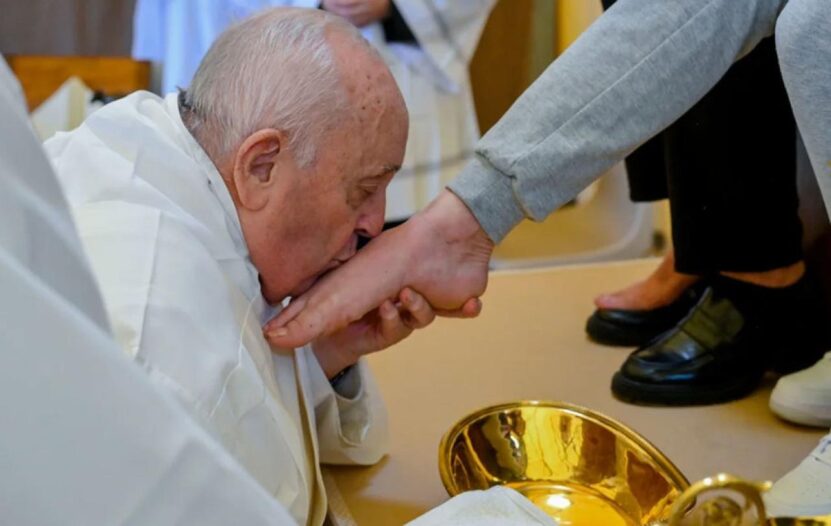
Pope Francis made headlines early on for turning down the lavish papal apartment, opting instead for the modest guesthouse.
His simple white cassock and minimalistic style reflect a leader who sees greatness in humility.
For Francis, this wasn’t a branding exercise—it was a heartfelt commitment to live as a servant to the people.
He cooks his own meals, carries his own bags, and personally answers letters.
Small details, yet they reinforce a powerful message: no clerical privilege, no spiritual distance.
Every gesture says, “I am with you.”
Real Symbols of Simplicity:
- Rejecting gold crosses and ornate garments
- Using a modest Ford Focus instead of the traditional papal limousine
- Skipping grand papal fanfare at public events
Bridging Gaps with Compassion
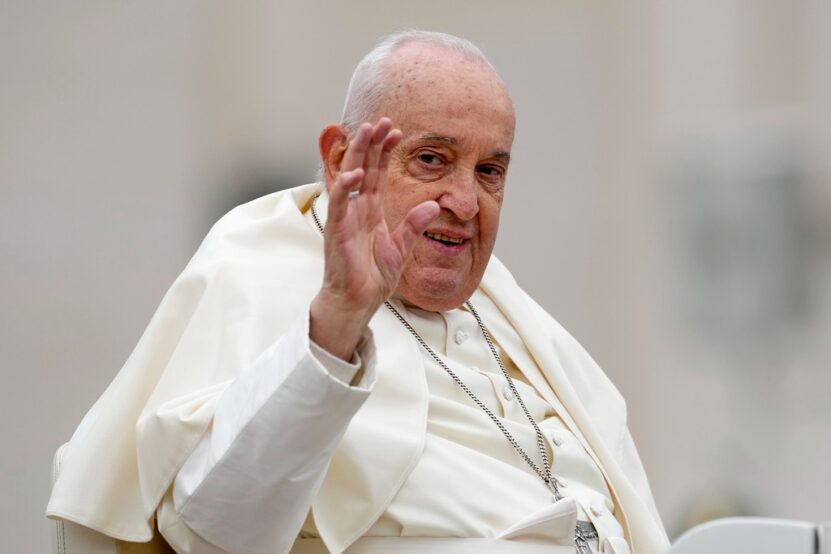
Francis has become a symbol of inclusion within the Catholic Church.
He has reached out to groups who often felt excluded or judged, including LGBTQ+ individuals, the divorced, and those of other faiths.
While maintaining Catholic teaching, he has shifted the conversation from rules to relationships, saying famously, “Who am I to judge?” when asked about gay priests.
The language of condemnation has softened. The Church now speaks of listening, meeting people where they are, and extending grace before correction.
Under Francis, dialogue replaces silence. Outreach replaces walls.
Notable Moments of Compassion:
- Meeting with transgender individuals in private audiences
- Welcoming interfaith dialogue without condescension
- Encouraging parishes to show greater hospitality to divorced couples
A Voice for the Earth
In his groundbreaking encyclical Laudato Si’, Pope Francis called for urgent environmental action, positioning care for the planet as a moral responsibility. He connected ecological destruction with economic inequality, encouraging people everywhere to care not just for creation, but for one another.
He challenged governments and corporations directly. No diplomatic sidestepping. He demanded climate justice and urged the Church to treat ecological action as sacred duty.
“We are stewards, not owners,” he wrote. And in those words, redefined environmentalism as a spiritual calling.
Champion of the Marginalized
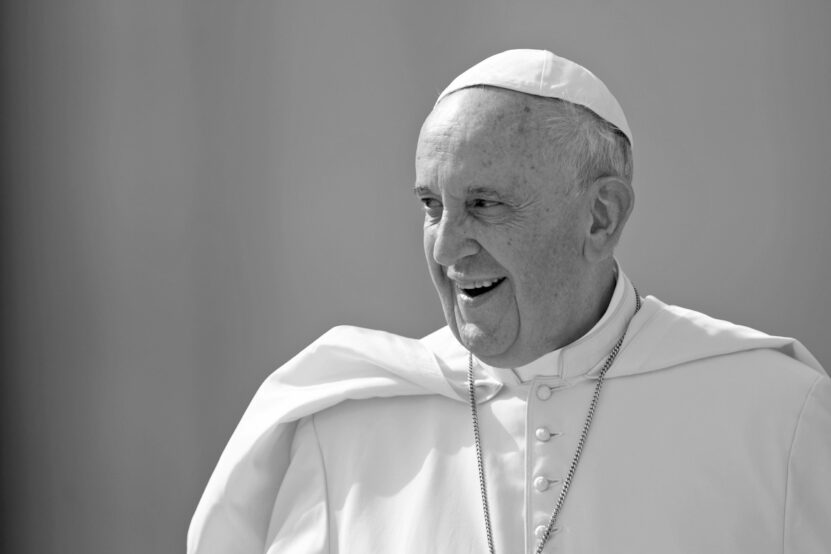
Throughout his papacy, Francis has been a consistent advocate for the poor, the sick, and the displaced.
Whether visiting refugee camps or washing the feet of prisoners, he reminds the Church—and the world—that faith without action is incomplete.
His message is clear: true discipleship means standing with those most in need.
He doesn’t just preach solidarity—he lives it. During Holy Thursday, he has washed the feet of Muslims, women, prisoners, and even non-believers.
That symbolic act has become a defining ritual of his papacy, carried out not for optics, but to live out Christ’s instruction.
Facing the Church’s Challenges
No papacy is without difficulty, and Pope Francis has faced his share—particularly in addressing the Church’s sexual abuse crisis and calls for institutional reform.
While progress has been uneven, he has opened channels for dialogue and emphasized the importance of accountability and transparency.
He defrocked bishops. He implemented reporting guidelines. He held unprecedented summits on clergy abuse, inviting victims into conversations long dominated by silence. Still, he faces internal resistance.
Reform inside the Vatican moves slowly. But with Francis, it moves. And that alone marks a shift.
Renewing Interest in Catholic Tradition
Pope Francis’s warm approach has inspired many to reconnect with their faith. Items that reflect his teachings and image—like books, rosaries, statues, and medals—have become increasingly popular.
Holyart, a trusted online store for religious items, offers a beautiful collection of Pope Francis-related devotional religious items.
These serve as meaningful ways for the faithful to keep his message of hope, humility, and kindness close to heart.
Churches report rising numbers in confession and service participation. Many who felt alienated are now returning—drawn not by doctrine, but by the Church’s rediscovered humanity.
He reminds believers that holiness doesn’t come from rigidity—it comes from mercy, love, and presence.
Renewing the Global Catholic Identity
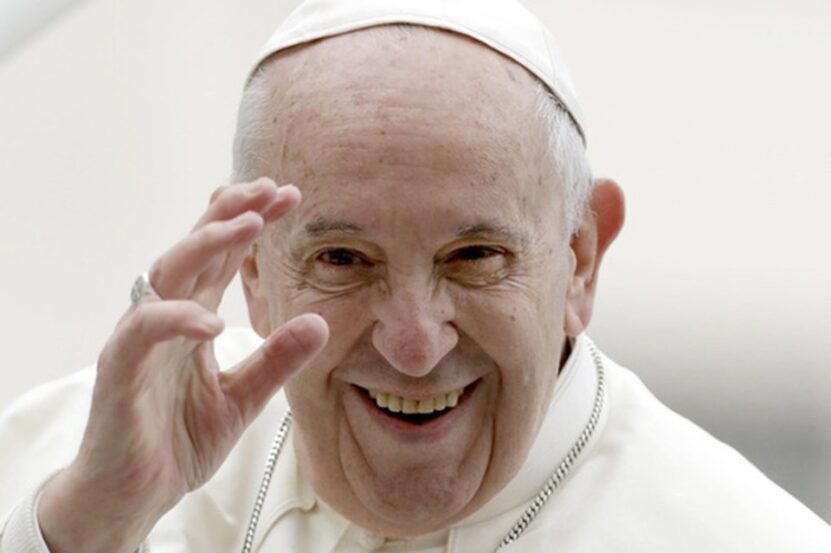
Francis has changed how the Church relates to the world. He has addressed the UN, spoken before the U.S. Congress, and even participated in video messages with youth events across continents.
He calls Catholics to see beyond their parish walls—to become global citizens who carry faith into every sector of life.
Under his leadership, faith reclaims relevance not by force, but by example.
Final Reflection: The Heartbeat of a Servant Leader
Pope Francis has not reshaped doctrine—he has reshaped tone.
He speaks with the language of mercy, acts with the courage of service, and leads from a place of deep empathy. That shift has drawn many closer not just to Catholicism, but to their own sense of spiritual purpose.
His revolution didn’t roar. It whispered. And in those whispers, people found hope again.
He reminded a global audience that faith isn’t a fortress—it’s a door. Open. Honest. And lived in the everyday.
As history writes the final chapters of his papacy, one truth remains clear: Francis has brought the Church closer to the people—and the people closer to each other.
In a fractured world, that kind of leadership is more than rare. It’s holy.
